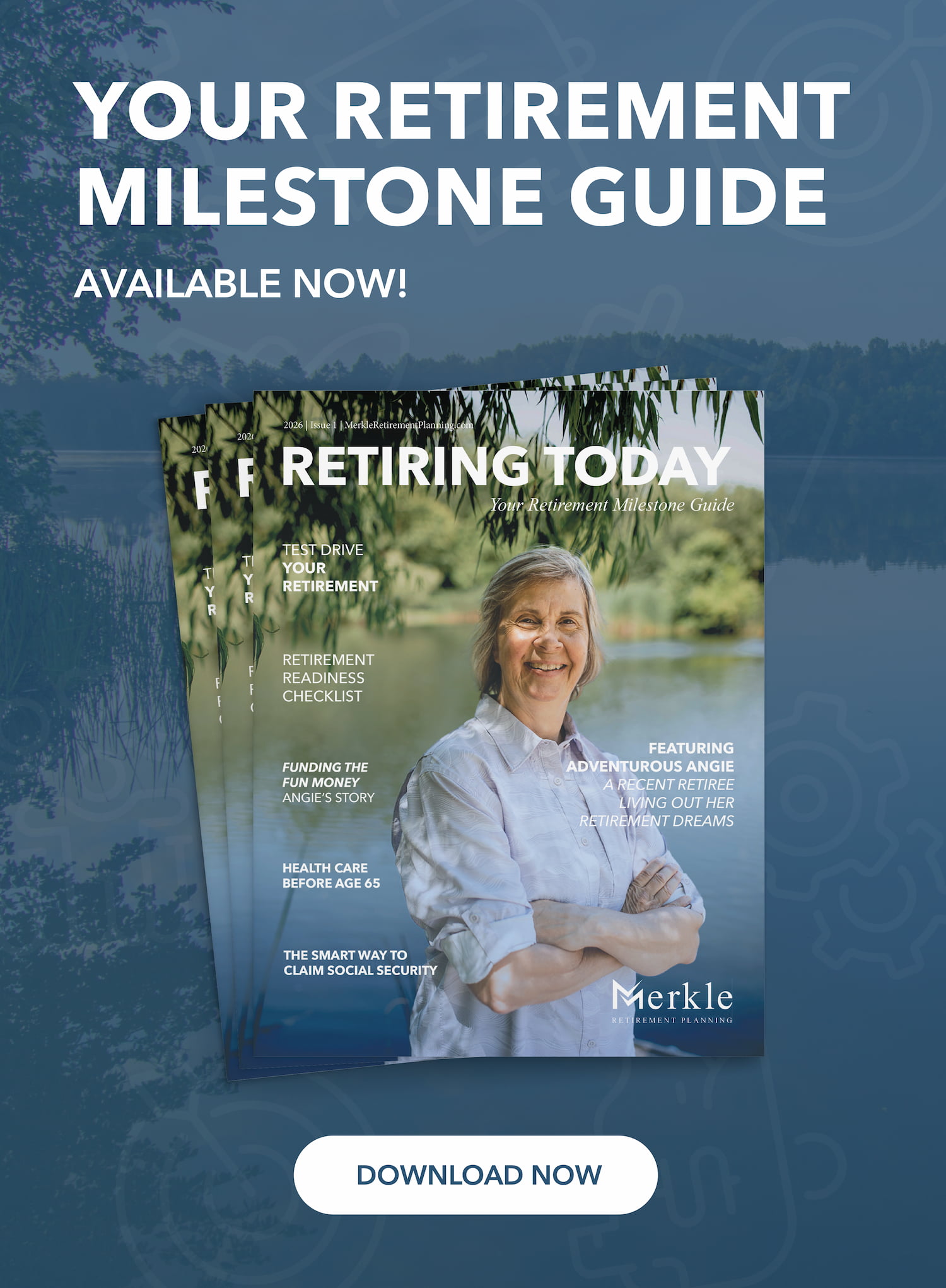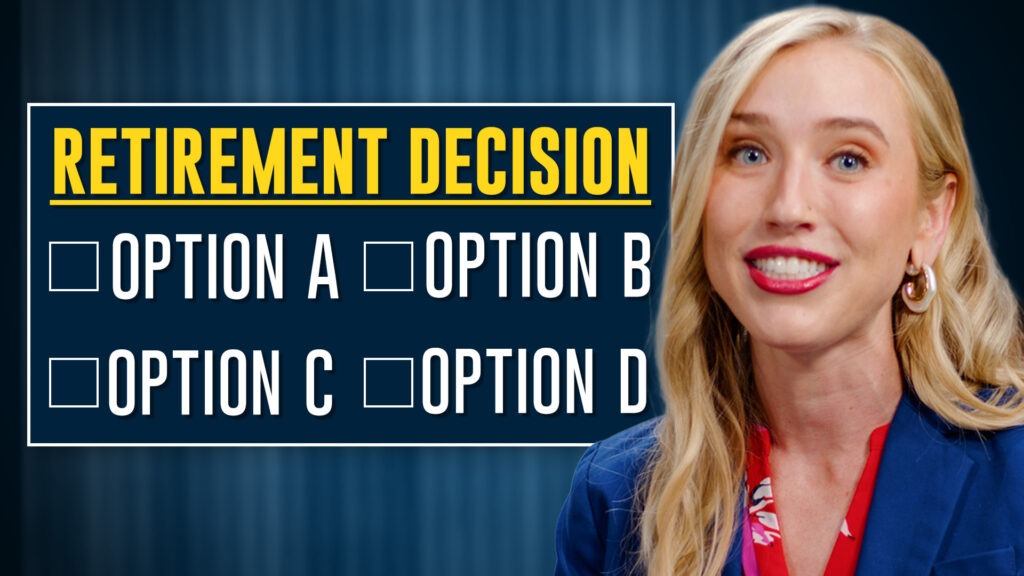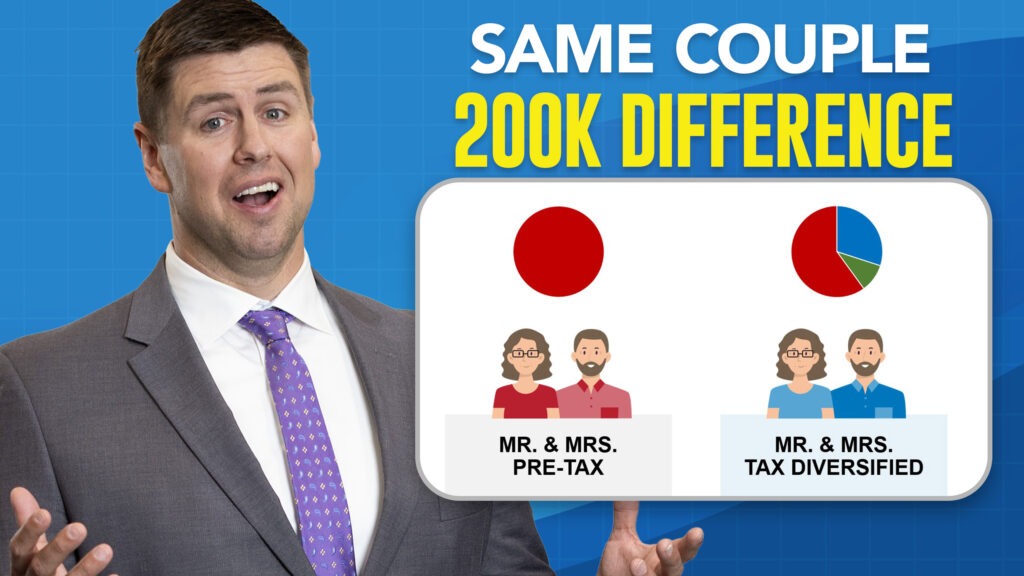Medicare is a vital component of retirement planning, but it can be a complex and confusing topic for many. With numerous options, enrollment periods, and potential penalties, it’s essential to have a clear understanding of how Medicare works. We explore seven crucial aspects of Medicare that you might not be aware of with experienced retirement planner Loren Merkle and Merkle Retirement Planning Director of Medicare AnnaMarie Morrow.
–––––––––––––––––––––––––––––––––––––––––––––––––––––––––––––––––––––––––––––––––––––––––––––
#1 You Can Pay More if You Enroll Late
One of the most important things to know about Medicare is that late enrollment can result in costly penalties. However, as AnnaMarie points out, most people can avoid these penalties by ensuring their employer completes a form confirming they have had qualified coverage since turning 65. If you’re not yet 65 and already retired, your enrollment period begins three months prior to your 65th birthday, and it’s crucial to start the process promptly to avoid delays in coverage or penalties.
#2 You Have Options
Medicare is not a one-size-fits-all program. It consists of several parts, each covering different aspects of health care:
– Part A and B: Original Medicare, which is not designed to be a retiree’s sole form of health insurance,
– Part C: Medicare Advantage plans, which are an alternative to Original Medicare,
– Part D: Prescription drug coverage
Understanding these options is key to making informed decisions about your health care in retirement.
#3 Medicare Isn’t Free
Contrary to popular belief, Medicare is not free. While Part A typically does not have a premium, Part B does require a monthly premium based on your income. As Loren and AnnaMarie discuss, this is where the coordination between retirement planning and Medicare becomes crucial. Your Part B premium is determined by your modified adjusted gross income from two years prior, so it’s essential to consider how strategies like Roth conversions can impact your Medicare costs.
#4 Enrolling Through Social Security
Many people are surprised to learn that you enroll in Medicare through Social Security, not directly through Medicare. Keep an eye out for your Medicare card, which will come from the Department of Health and Human Services or the Centers for Medicare and Medicaid Services (CMS), as it may look like junk mail.
#5 You Don’t Have to Sign up at 65
If you or your spouse is still working and covered by a qualified employer health plan, you may not need to sign up for Medicare at 65. However, if you’re on COBRA or a marketplace plan, you’ll need to enroll in Medicare when you turn 65 to avoid penalties.
#6 There is no Medicare Family Plan
Unlike many employer-sponsored health plans, Medicare does not offer family plans. Each individual must enroll separately and choose the coverage that best fits their medical and prescription drug needs.
#7 You Aren’t Stuck with the Same Plan Forever
You’re not locked into the same Medicare plan forever. Each year during the Annual Enrollment Period (October 15th through December 7th), make changes to ensure you’re set up for success in the coming year.
This is the time when you can join, drop, or switch to another supplement or prescription drug plan.
Just like your health, Medicare plans can change every year, and your current one might be changing. Plus, not all plans have the same benefits and out-of-pocket costs. Insurance carriers often renegotiate provider contracts, which can change the terms of your supplement plan and impact premiums, copays, deductibles, and covered services, including ancillary benefits like x-rays, prosthetic devices, and physical therapy. Benefits like gym memberships and chiropractic care can also be added or dropped from plans.
Conclusion
Understanding these seven aspects of Medicare can help you make more informed decisions and avoid costly mistakes as you navigate your retirement journey. Working with an experience retirement planner and Medicare specialist can provide you with the guidance and support you need to create a comprehensive retirement plan that takes into account all aspects of your financial well-being, including health care costs. By being proactive and educated about your Medicare options, you can approach retirement with greater confidence and peace of mind.
–––
We are an independent financial services firm helping individuals create retirement strategies using a variety of investment and insurance products to custom suit their needs and objectives. The content and examples shared are for informational purposes only and should not be construed as investment advice or serve as the sole basis for making financial decisions. Individuals are encouraged to consult with a qualified professional before making any decisions about their personal financial situation. Our firm is not permitted to offer legal advice. Investment Advisory Services offered through Elite Retirement Planning, LLC. Insurance Services offered through MRP Insurance, LLC.










